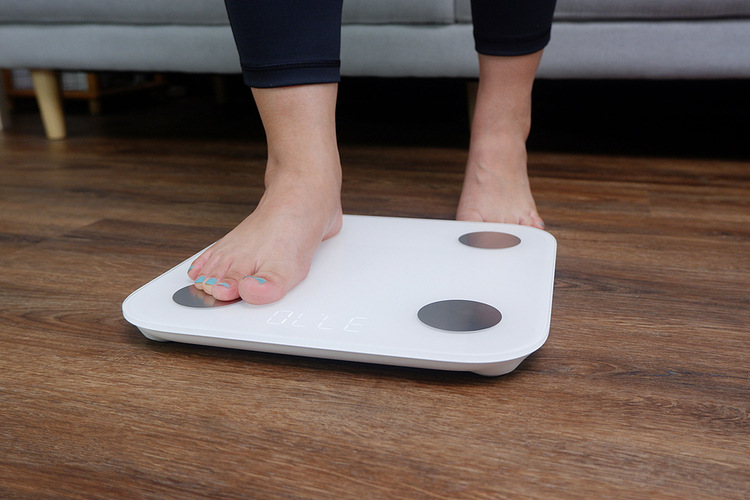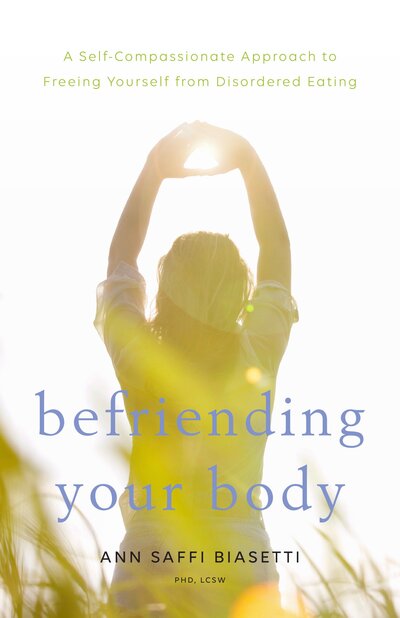When most people think of a diary, they imagine a young girl locking away her deepest secrets in a notebook. As it turns out, that girl is onto something brilliant. Journaling is like writing in a diary, but for adults who want to record their thoughts and feelings. In fact, the mental health benefits of journaling are astounding and shouldn’t be overlooked when improving your well-being.
Here, I’ll outline the benefits of journaling, explain why you should journal for depression and anxiety, and give you some ideas for everyday journal prompts.
The Many Mental Health Benefits of Journaling
There are endless benefits to journaling, with the most important one being stress reduction. When you write down your problems and negative feelings, you’ll start working through any stress you’re currently dealing with. When you get all those nagging thoughts out of the back of your head and face them, what you thought was stressful might not be so bad.
Contrarily, you can find things that are bothering you more than you realized. Thoughts you may have been ignoring or repressing. Writing honestly gets these emotions out in the open, so you can figure out how to handle them.
Journaling gives you a way to express yourself, even if no one hears it. Nobody is judging you, so you can be honest about your concerns, fears, feelings, or whatever excites you. This openness and creativity can have a therapeutic effect. You start to find out your true feelings and understand yourself better.
Journaling is also great for reflection. You can look back on a bad situation, learn from it, then take action to prevent it next time. Also, you get the chance to notice changes in your mood or symptoms, helping you keep an eye on health conditions. You’ll notice problems sooner and can fix them before they get bigger and cause stress.
“Journal writing, when it becomes a ritual for transformation, is not only life-changing but life-expanding.” – Jen Williamson Click To TweetStarting a Journal for Depression and Anxiety
While writing in a journal, you can pinpoint and fight negative self-talk. If you allow yourself to write freely, you’ll start to notice the negative thoughts in your writing. This gives you the opportunity to replace them with positive or neutral thoughts, which can benefit someone suffering from depression or anxiety.
Journaling isn’t about forgetting the bad thoughts. It’s about acknowledging them and understanding that they’re not necessarily true. After working through all the negativity of the day, you can end your journal with something positive.
Sometimes, journaling even helps you find out what has been causing anxiety that you’re unaware of. You can see what’s been bothering you instead of letting your thoughts remain a mysterious fog. With this knowledge, you can make the changes you need to improve your anxiety.
When I began journaling 2 years ago, I was trapped in a cycle of depression and disordered eating. When I made a goal to write each day, my jumbled and anxious thoughts got clearer. It’s like I became my own therapist, untangling the messy ball of yarn in my head. Journaling started me on the path to recovering and moving on with my life.

Getting the Mental Health Benefits of Journaling
Getting the benefits of writing in a journal doesn’t need to be complicated. Just start writing. It doesn’t have to be an important or exciting topic. Your writing doesn’t even need to have structure or proper spelling. Just let the words flow from you and enjoy the benefits.
For the best results, try to write daily or whenever you’re having a tough day. The goal is never to hold on to stressful thoughts for too long. Keep your journal easy to access and grab quickly if you don’t have much time to write.
You can use a notebook if you prefer writing things by hand or get a free journal app to type it out on your phone or computer. Personally, I type out my journal using a free offline app called Journaley, which is super easy to open and use. You can even give it a password, so your thoughts stay private.
Ideas for Everyday Journal Prompts
Journaling should never be stressful or hard to get started, especially if you start by writing what happened that day. Here are some everyday journal prompts to begin your writing:
- Write out your goals for the day or the next day.
- Discuss how your body feels. Are you energetic, tired, or achy? How was it different from the day before?
- Describe your general mood and what caused it.
- Review what kept you from reaching your goals that day. Be honest with yourself, but don’t beat yourself up.
- Write a letter to someone who you’re thinking about.
- What problems did you run into that you’ve never dealt with before?
- Write about something you’re grateful for.
- List the tasks you accomplished that day and see what thoughts and feelings it brings out.
- Start or end your journal with one positive thing you thought or noticed.
- Describe a goal you reached that day, however small, and talk about why you’re proud of it.
- Take my writing challenge and write a compassionate letter to your body.
Learn More About Journaling and Self-Discovery
If you need expert help reconnecting with your body, I have an excellent recommendation! Befriending Your Body by Ann Saffi Biasetti is a book that teaches you to have self-compassion, pay attention to your thoughts, and heal from the inside out.
Befriending Your Body gives you the power to discover who you really are and opens the door to healthy self-improvement. It also offers many simple practices using guided meditation, yoga, and journaling. If you want to learn more about it, I wrote a complete book review here.
Click below for quick links to the book!
Mental Health Benefits of Journaling: Summary
In short, journaling is a vital key to good mental health. It helps reduce stress, clear your thoughts, and improve your self-image. A journal for depression and anxiety is a must-have when you’re looking for free ways to help your mental wellness.
Make sure you’re getting the mental health benefits of journaling, even if it’s only for a moment. See it as a form of self-care that’s non-negotiable. I recommend doing it in a relaxing place, with a cup of your favorite tea or coffee. It’s helped me improve my life, and it will help you too!
Do you journal, and if so, what benefits have you had since you started? Let me know in the comments!
That’s it for now everyone. If you’ve found some value in this post, please share it to inspire others too! Thanks!

Facebook | Twitter | Instagram | Pinterest
This post contains affiliate links for products that I love. If you use these links to buy something I may earn a commission with no additional cost to you. Thanks for helping keep this site going! Also, this post was made for the site Lose Weight With Ang. If you’re reading this on a different site, please email us https://loseweightwithang.com/contact/
Featured image credit: AndreyPopov on bigstockphoto.com/Negative Space from Pexels





I’ve journalled for most of my life. It’s such a great tool for self-reflection.
I agree. It’s helped me out of a fog a couple of times.
Pingback: The Proven Mental Health Benefits of Journaling...
Great post! I’ve already had a love hate relationship with journaling. Sometimes I’m really good at keeping up, other times I don’t do it for months. This year my MH has been really bad and I’ve started again and I’ve definitely noticed how much it helps!
I’m sorry to hear you’re going through a hard time, Jenny, but I’m glad the journaling is helping out.
I used this method “journaling” and it was worth using for.
Sometimes things that stuck in our mind and we can’t move from it, journaling help to remove it from our mind
Well said, Rabbia!
I think it’s not journaling that is helpful but just the fact that you are taking time out to write about how you feel .. that in itself is therapeutic and a great release. You don’t have to keep a book with a key & lock. Just write down your feelings, and either keep it, or ball it up & throw it away. As long as you are getting those feelings out — that is all that matters.
Well said, Helen. It truly lets us get everything out that we’ve been holding in. No need to hold onto it after 🙂
Pingback: Why a Positive Mental Attitude Is So Important - Lose Weight With Ang